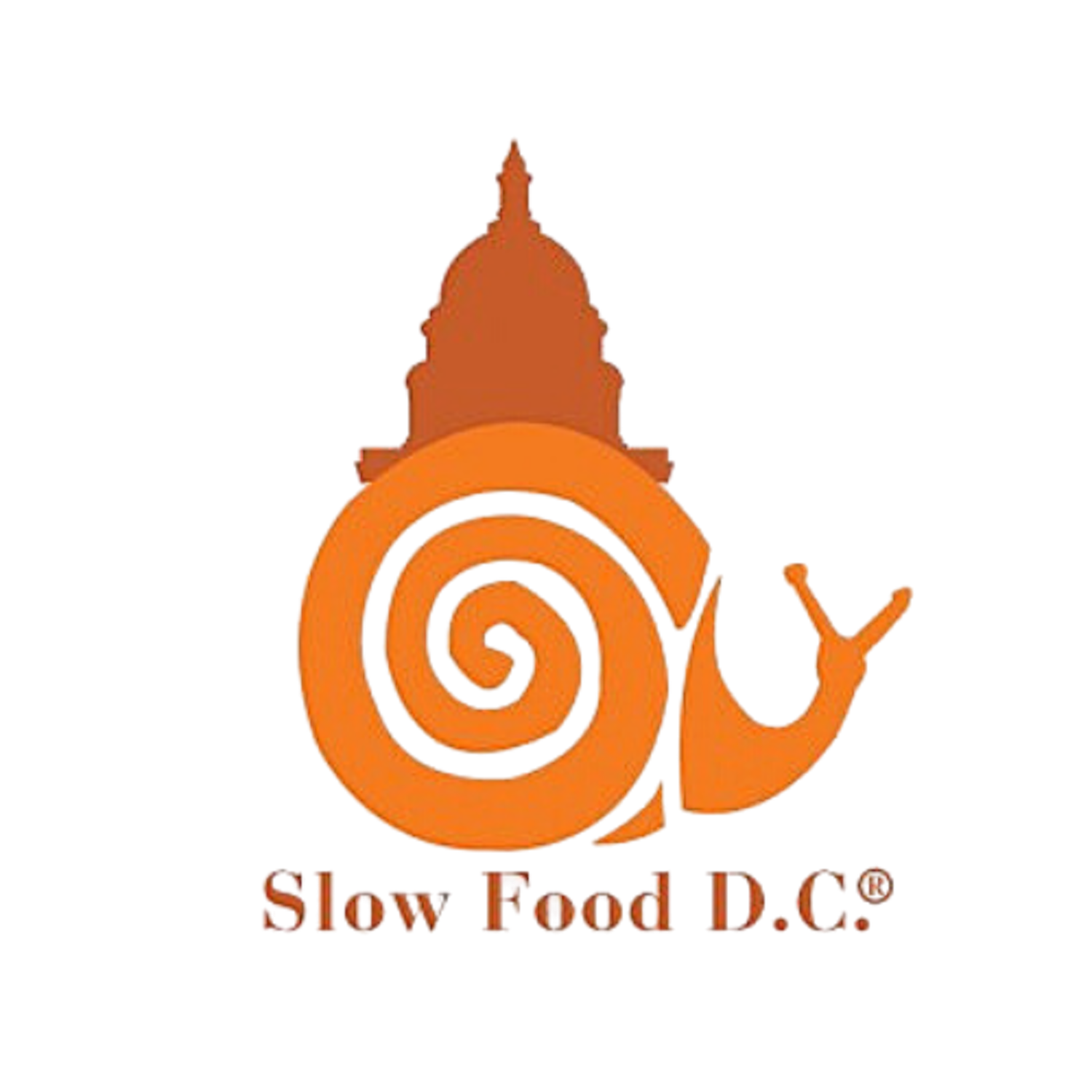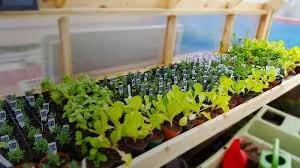Gardening Through the Pandemic
Snail Winner Cultivate the City is Here to Help.
When state governments across the United States announced COVID-19 lockdowns in March, many people suddenly faced with the prospect of too much time on their hands. In search of creative and comforting activities, ones that also included the outdoors, they turned to plants to fill the void.
Niraj Ray, founder and CEO of Cultivate the City, an urban farming company in Washington, DC, said that when DC, Maryland, and Virginia were ordered into lockdown, his business saw a surge of interest from those who wanted to grow their own food.
“We were slammed from March to June,” said Ray. For the first time ever, his business sold out of their own-grown inventory by April and not just food plants, but houseplants too. While families were more likely to show interest in growing edible plants, houseplants proved to be the green companion of choice among single young adults.
As a fellow millennial, Ray observed that houseplants can be somewhat of a “status symbol” and a way to connect with others. Successfully keeping one plant – or many – alive and healthy also signals the ability to care for something.
And once someone gets the bug for houseplants, Ray believes “the jump to edible plants isn't far behind.” Eventually, the impulse to care for houseplants will transfer to plants you can eat.
Along with the “grow your own” movement, pandemic concerns about food shortages led to a flurry of interest in Cultivate the City’s community supported agriculture (CSA) program. New subscribers to their weekly selection of seasonal produce increased by over 160 percent, from about 30 shares in 2019 to 80 shares this season.
Seedlings getting ready to go to a good home
This newfound enthusiasm for plants dovetailed with another pandemic development - reverse urbanization - which Ray also sees gaining momentum.
With many spending more time at home than ever, the desire for more or different living space led people to leave urban centers, especially for suburban areas. In fact, Realtor.com reports that 51 percent of their site’s property searches from urban residents during the second quarter of 2020 were for homes in suburban metro areas.
When confronted with more land to work with than before, or perhaps from not having any land at all, people will be thinking about what they can do with that extra space when spring rolls around. Gardening is a logical next step, said Ray, and most will "double down on growing their own food, even if their first attempts were not entirely successful.”
Although these pandemic trends enabled Cultivate the City to maintain a steady revenue stream throughout the year, ongoing social distancing requirements brought several key company activities to a standstill.
Cultivate the City’s core mission is fostering sustainable urban living by providing communities with the tools and training to grow their own food, including a vibrant school garden program, where students plant, grow, and harvest their own produce. When schools moved over to a virtual format, this hands-on program was one of the first to be cut.
Likewise, a work share CSA for vulnerable communities - several hours of volunteer garden work a week in exchange for fresh produce - was also put on hold. Fortunately, said Ray, the overall response to get food to people in need since the start of the pandemic has been swift in the DC region.
When considering how to implement Slow Food’s core philosophy of Good, Clean, and Fair food for all people during times of immense challenge, Ray brought it back to education and the hands-on approach that remains central to Cultivate the City’s activities.
“You can be certain that food you are consuming is good and clean if you grow it yourself. From plant selection to pest control, if you are making the decision inputs, you know exactly what is going into your food.”
The motivation to foster green things will keep the gardening trend going even after the pandemic, predicted Ray. “This isn't a bubble - the wheels are in motion for folks to want to grow their own food, and to know where it comes from.”
And if you can’t grow your own, the next best thing is to "know your grower extremely well."
----------------------
Cultivate the City is a 2016 Slow Food DC Snail of Approval Winner. Learn more about Cultivate the City’s work and upcoming events at www.cultivatethecity.com. You can follow them on Twitter @CultivateCity and Instagram @cultivatethecity.
*Photo credit Cultivate the City


